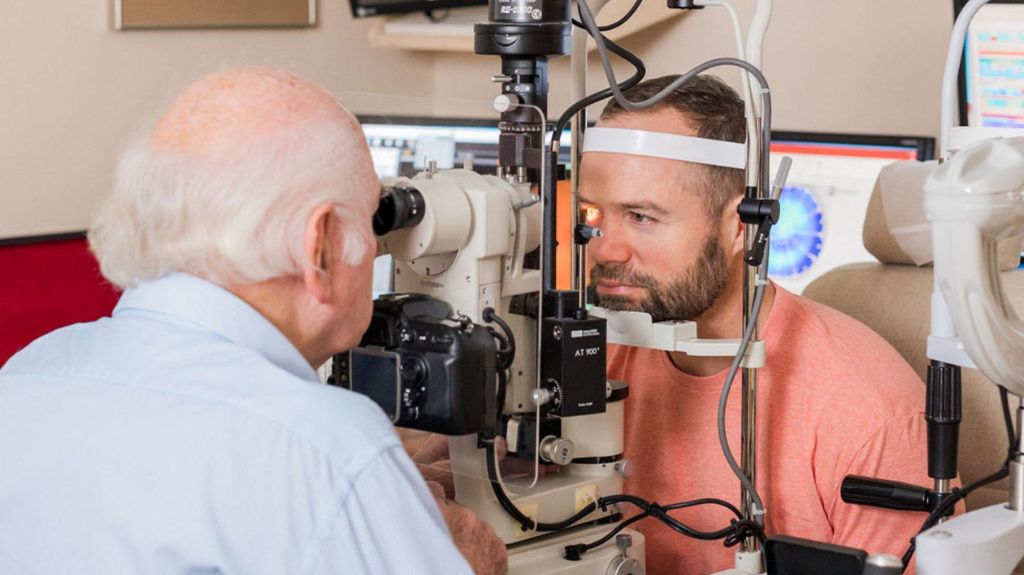A quality optometric service requires essential elements. Firstly, it is imperative that the clinician devotes sufficient time to thoroughly examine the patient and assess the visual needs.
Secondly, great service includes extensive clinical knowledge coupled with experience, state-of-the-art equipment and customised fitting of spectacles and a wide range of frames.
It is essential that clinical knowledge is enhanced by continuing training after entering practice. While it may surprise some, optometrists require a broad knowledge in a range of disciplines. The obvious areas include a detailed knowledge of the optics of the eye and lenses as well as medical conditions. In addition to a comprehensive knowledge of ocular diseases and their treatment, general medical knowledge is important as this can have a significant relationship to eye diseases. This is particularly important for optometrists who treat diseases of the eye.
While clinical knowledge is essential, it needs to be matched with practical experience, especially as many conditions do not present in a “textbook” form. It takes many years of experience to accurately and confidently differentiate unusual conditions.
Surprisingly, psychology is an essential element in the optometrists’ armoury. Vision takes place in the brain and is subject to many illusions. For example, all lenses change the image size and shape which can initially distort the appearance of common objects as well as causing tilting and sloping of flat surfaces. Fortunately, with time, the brain does adapt and restore the normal appearance.
Quality optometric service should be evident in all areas, from the time taken to perform comprehensive and extensive examinations right through to custom fitting spectacles.









